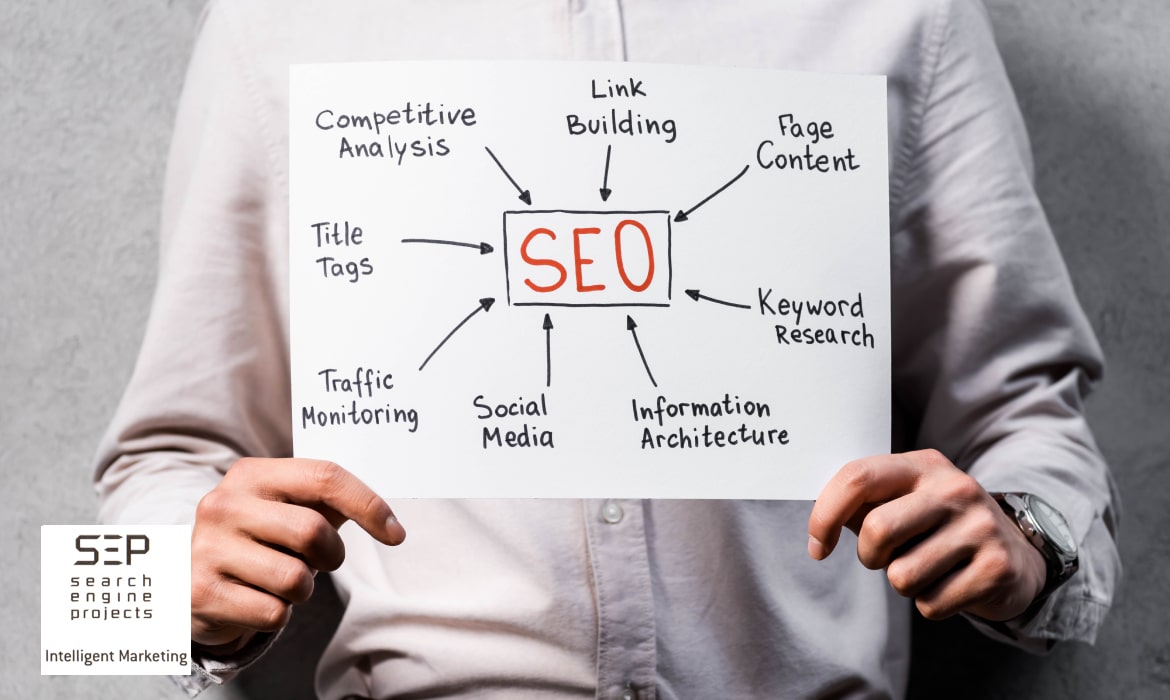Search engine positioning refers to the techniques and strategies used to enhance the visibility and ranking of a website on search engine results pages (SERPs).
In the vast and ever-expanding digital landscape, search engine positioning has become crucial for businesses, marketers, and content creators aiming to capture attention and drive website traffic. The importance of effective search engine positioning stems from several critical factors, including visibility, credibility, targeted traffic, competitive advantage, and measurable results. This essay delves into why mastering the art of search engine positioning is indispensable in the modern digital age.
1. Increased Visibility and Brand Awareness
The primary goal of search engine positioning is to increase a website’s visibility on search engines like Google, Bing, and Yahoo. Websites on the first page of search results are more likely to be visited by users. High visibility in search results correlates strongly with increased brand awareness. As a brand appears more frequently in search results, it gains more exposure to potential customers, helping to embed the brand in the consumer’s consciousness. This increased visibility is crucial, especially in markets with competitors offering similar products or services.
2. Enhanced Credibility and Trust
Search engines aim to provide users with the most relevant and valuable content. Consequently, websites that rank higher in search results are often perceived as more credible and trustworthy. This perception comes from the understanding that search engines rank quality and relevant content higher. Therefore, businesses that achieve top positions will likely be regarded as authoritative sources in their industry. This enhanced credibility can significantly affect consumer behavior, as users are more likely to trust and engage with websites that search engines rank as credible.

3. Attraction of Targeted Traffic
Effective search engine positioning focuses on attracting more traffic and the right traffic. By utilizing search engine optimization (SEO) techniques like keyword targeting, businesses can reach users searching for specific products or services related to their business. This targeted approach is much more efficient than traditional advertising methods, as it aligns with potential customers’ intent, leading to higher conversion rates. Targeted traffic is also more sustainable in the long run, as it revolves around attracting users who are more likely to convert into paying customers or repeat visitors.
4. Competitive Advantage
In today’s digital age, the competition for online visibility is fierce. Search engine positioning can provide a competitive edge. Businesses that rank higher in SERPs are more likely to be noticed by potential customers than their lower-ranking counterparts. This can be particularly advantageous for small to medium enterprises (SMEs) competing against larger corporations with bigger advertising budgets. By focusing on niche markets or specific keywords, smaller businesses can carve out their own space in the search results, leveling the playing field and enabling them to compete effectively.
5. Measurable Results and ROI
One of the significant advantages of search engine positioning is the ability to measure results precisely. Tools such as Google Analytics provide detailed insights into how users interact with a website, including how they arrived at the site, what pages they visited, and what actions they took. This data is invaluable for understanding specific SEO strategies‘ effectiveness and making informed decisions about future marketing investments. Furthermore, because search engine positioning often leads to more targeted traffic, it typically results in a better return on investment (ROI) than other marketing strategies. Businesses can see precisely how much value their SEO efforts generate and adjust their strategy accordingly.
6. Long-term Marketing Strategy
While some marketing efforts provide short-term benefits, the advantages of a robust search engine position can be long-lasting. Once a website achieves a high ranking, it can maintain this position with consistent SEO efforts. This enduring visibility can lead to sustained traffic growth and ongoing benefits for a business. Additionally, as search engine algorithms evolve, a consistently optimized and updated website with quality content can adapt quickly to these changes, ensuring long-term success.
7. Synergy with Other Digital Marketing Strategies
Search engine positioning works well with other digital marketing strategies, such as social media, email, and content marketing. For instance, high-quality content developed for SEO purposes can also be used to engage users on social media or to provide value through email newsletters. This creates a comprehensive digital marketing approach that leverages various channels to maximize online presence and customer engagement.
Conclusion
In conclusion, search engine positioning must be addressed in today’s digital environment. It is essential for achieving increased visibility, credibility, and targeted traffic, which are critical factors for any business’s online success.
Furthermore, its ability to provide measurable results and synergize with other marketing strategies makes it a versatile and effective tool for long-term digital marketing success.
As the internet continues to grow and evolve, mastering the art of search engine positioning will remain a key priority for businesses aiming to secure a competitive edge in the digital marketplace. Search Engine Projects offers Search engine positioning services to all types of businesses. For free Consultation | Contact Us 1-888-669-6961













